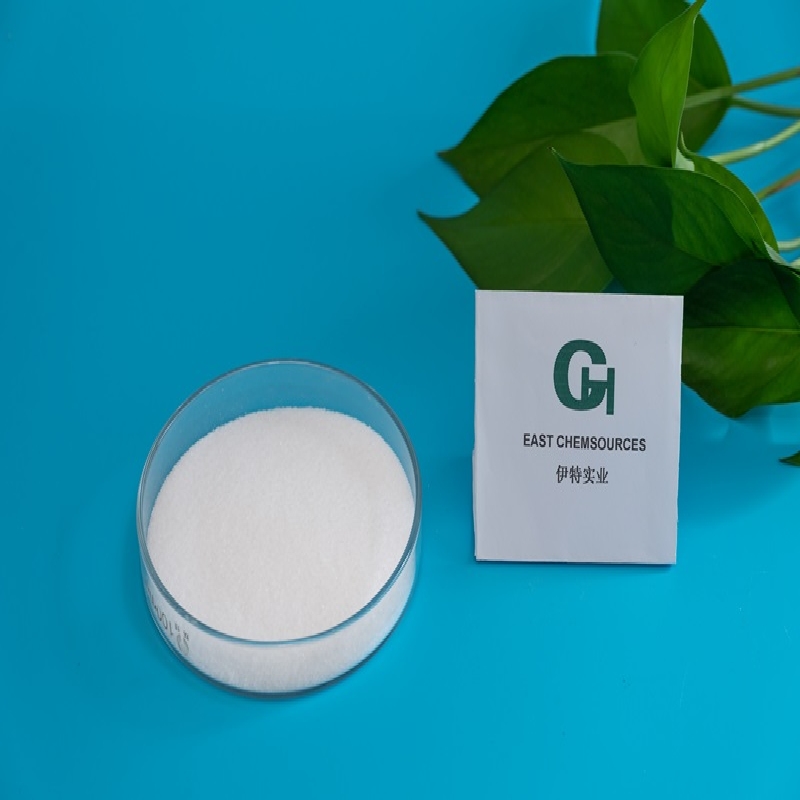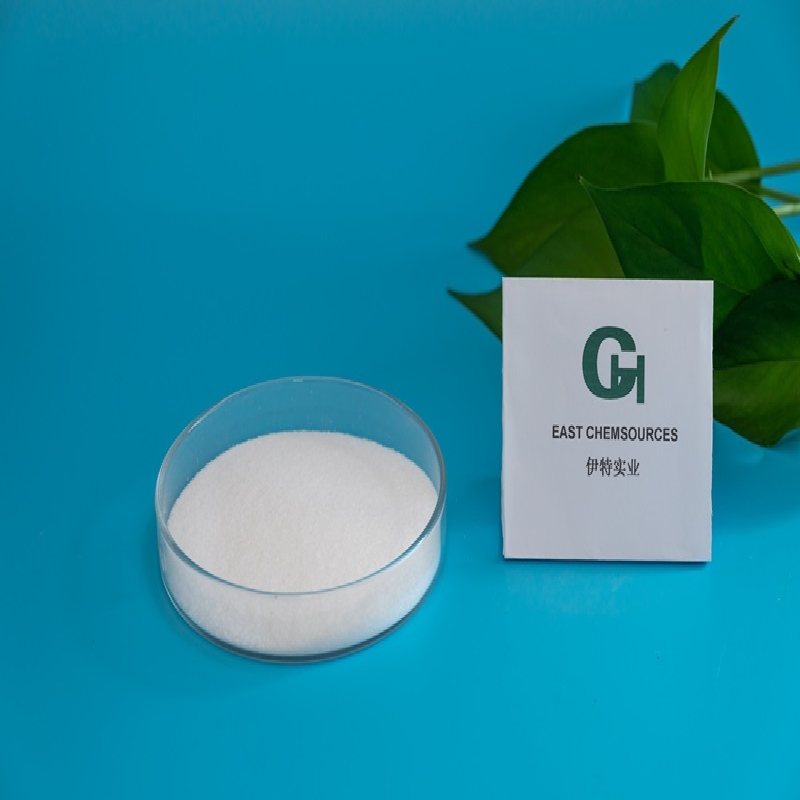Breakthrough research has found that the A1 protein in milk can trigger lactose insatiability
-
Last Update: 2021-02-05
-
Source: Internet
-
Author: User
Search more information of high quality chemicals, good prices and reliable suppliers, visit
www.echemi.com
, the incidence of lactose indulging is as high as
90%
, so the clinical study was selected in China.. this is the first study based on the impact of human consumption of milk containing
A1
protein and only
A2
protein, in this study,
50% of
subjects were clinically diagnosed with lactase deficiency and lactose insatiable patients.. Compared to
a2
milk
®
, regular milk (containing
A1
protein) is largely associated with gastrointestinal inflammation, delayed intestinal transport, and significantly higher blood indicators for immune response due to these inflammations, as well as reduced cognitive function and accuracy.showed that symptoms such as gastrointestinal discomfort were relieved or eliminated to varying degrees after
a2
milk
®
was consumed.study may change the lifestyle of consumers who consider themselves lactose insatiable in China.April
, 2016,
20,
2016, an academic symposium on "redefining lactose insatiability" was held in Beijing, and Professor Sun Jianqin, from East China Hospital affiliated with Fudan University in Shanghai, brought her latest clinical research results. This is a clinical study
the
effects
A1
β
-
on gastrointestinal health. According to the latest research, many people have a misconception about lactose insatiability, but the reason for their intestinal reactions as soon as they drink milk may be due to the inflammatory response of the gut to the
A1
protein contained in regular milk.Professor Sun Jianqin released the latest research results Although milk is an indispensable necessity in people's daily lives, it is reported that gastrointestinal discomfort after drinking milk has a high rate of
90%
in China and
10% to 20%
in Western countries with a long history of milk intake.breakthrough clinical study was first published in
Journal of
Nutrition. It compares the effects of regular milk containing
A1
protein with the human response of
a2
milk
®
containing only
A2
protein, and the results show that the
A1
protein is likely to be one of the most important causes of digestive discomfort to some extent, not lactose.history, all cows initially produced milk that contained only
A2
protein. As domestication continues, another type of milk protein,
A1
β
-
casein, appears in European cattle and spreads globally as a result of human migration and the use of modern pastoral methods.
a2
milk
®
is produced from cows that have been selected to produce only
A2
protein, which is naturally original because it does not contain
A1
protein in the first place.Sun Jianqin stressed the importance of the study at the research launch: "For friends like me who thought they had lactose insatiability, the findings of this study are groundbreaking. The study found that milk containing only
A2
protein (
A2
casein) was more affinity for the body and its digestive system. Milk containing only
A2
protein can effectively avoid intestinal inflammation caused
by
A1 protein. The study is significant for many people in China and other parts of the world who have self-diagnosed themselves as lactose insatiable. Thisis the first study based on the impact of human consumption of milk containing
A1
protein and only
A2
protein, targeting people who are insatiable with milk. Half of the subjects were clinically diagnosed with lactose digestion. The study
that
milk
®
did not cause gastrointestinal disorders in any of the subjects, including people who had been identified as having lactose digestion problems.Again, compared to
a2
milk
®
, those who drank regular milk ,
A1
protein) had gastrointestinal inflammation, delayed intestinal delivery, reduced cognitive speed and accuracy, and increased blood indicators for immune responses due to inflammation. Inflammation such as bloating and abdominal pain were significantly reduced when the subjects drank
a2
milk
®
containing only
A2
protein. Even on cognitive function tests, the subjects responded more quickly and with improved accuracy during the
A2
phase compared to the results of the
A1
drinking test. This observation shows that the health of the digestive system is closely related to brain function.Nutrition Society of China has also evaluated and endorsed the findings. Professor Chang Cuiqing, deputy secretary-general of the Chinese Academy of Nutrition, said the study was designed to be scientific and rigorous, and the results were equally reliable and trustworthy.
Hearn
, Chairman of the Board of Directors of ™ Milk Company, also attended the launch to witness the release of this major research in China.
David
said: "This study is certainly exciting news for those who have to give up drinking milk because of the discomfort of drinking it, and we hope it will provide an opportunity for these people to regain their milk." They now have a great opportunity to enjoy the
and
of
®
milk and milk.
a2
also ™ to continue to provide healthy, high-quality and delicious dairy products to Chinese consumers.
David Hearn
, Chairman of a2
Milk Company, said Today's research release will have a long-term impact on the drinking habits and lifestyles of Chinese consumers, and worldwide. This was agreed by Dr
Alex Richardson
, a senior research fellow at the Evidence-Based Intervention Centre at the University of Oxford in the UK, who attended the workshop and said: "This study challenges the well-established perception that people develop uncomfortable symptoms after drinking milk, and there have been misconceptions about lactose insatiability in the past, which will change the way people consume milk and even the way many people live." " field experts have a great discussion (from left:
a2
Chief Scientist, Dr.
Andrew Clarke
, Senior Research Fellow, Oxford University
,
, Dr.
Alex Richardson
, Nutrition Specialist Professor Sun Jianqin, Digestive Specialist Professor Xia Yan, PaediatricIane Professor Sheng Xiaoyang) Professor Yang Yuanxin, President of the Chinese Nutrition Society, shared her views at the end of the press conference On this study The clinical study recruited
45,
participants in good health but who thought they had lactose insupercation as subjects for
8
weeks of experiments using double-blind, randomized, cross-research methods. For the first two weeks, all participants did not consume any dairy products, and over the next two weeks, the participants were randomly divided into two groups: one group drank regular milk (containing
A1
protein) and the other group drank only
a2
milk
®
Participants were banned from eating any dairy products for
2
weeks from the fifth week, and at the last
2
weeks of the experiment, the two groups exchanged milk consumed for the third and fourth weeks. Throughout the trial, researchers and participants were informed about the milk they drank. why
is
different
®
the milk? 】 ·
a2
milk
®
is selected by using
DNA
detection technology to select cows containing only
A2
protein, without
A1
protein.
a2
is
®
100% fresh and pure milk, not the product of modern scientific and technological processing or genetic engineering. the milk produced by all cows at first contained only
A2
protein.
A1
protein emerged from genetic mutations in European cows and spread globally as a result of human migration and the spread of modern pastoral methods. Most of the milk you drink today contains
A1
protein. ·
a2
is
®
only milk in China that does not contain
A1
protein. About
a2
Milk company ™" .
a2
Milk Company™ is a company that produces rare, high-end dairy products and infant nutrition products, its products are naturally pure and do not contain
A1
protein, and has a unique intellectual property research and development and patent technology and scientific research and verification support. ·
a2
Milk Company™ believes that everyone should enjoy the nutritional delicacies of fresh and natural dairy products and will continue to provide natural and pure milk to everyone, especially those who cannot enjoy regular milk. ·
a2
Milk company™ was founded in New Zealand in
in
and quickly achieved great success in Australia, with a market share of about
10 per cent
fresh milk and a recent significant increase in infant formula.
a2
has established ™ in China, the UK and the US.
This article is an English version of an article which is originally in the Chinese language on echemi.com and is provided for information purposes only.
This website makes no representation or warranty of any kind, either expressed or implied, as to the accuracy, completeness ownership or reliability of
the article or any translations thereof. If you have any concerns or complaints relating to the article, please send an email, providing a detailed
description of the concern or complaint, to
service@echemi.com. A staff member will contact you within 5 working days. Once verified, infringing content
will be removed immediately.







